Fatimiyya, which span from 13 Jumada al-Awwal to 3 Jumada al-Thani, serve as a window to reflect upon the profound sorrow that surrounds Lady Fatima Zahra's loss.
Iran (IMNA) - Hazrat Zahra (as), respected for her wisdom, piety, and unwavering devotion, holds a special place in the hearts of Shia Muslims. Her life serves as an inspiration, and her untimely death marks a significant event in Islamic history. During this period of Fatimiyya, believers immerse themselves in remembrance, prayer, and contemplation.
As the community gathers, the atmosphere is heavy with grief and solemnity. Sermons are delivered, recounting the virtues of Fatimah and the immense tragedy that befell her. Tears flow freely as the faithful connect with the pain and anguish experienced by the Prophet's daughter.
The commemoration of Fatimiyya goes beyond mere mourning. It is a time for self-reflection and spiritual introspection. Believers strive to embody the qualities that made Fatimah a beacon of righteousness and resilience. They seek solace in her example, finding strength in her unwavering faith and steadfastness in the face of adversity.
Through rituals, lectures, and acts of charity, the community seeks to honor Fatimah's memory, ensuring that her legacy lives on. The days of Fatimiyya become a time for collective unity, where Shia Muslims stand shoulder to shoulder, supporting one another through shared grief and devotion.
Fatimah's martyrdom serves as a reminder of the sacrifices made for the sake of truth and justice. It is a call to remain steadfast in the face of oppression and to uphold the values that she embodied. The days of Fatimiyya become a powerful symbol of resilience and determination, inspiring Shia Muslims to stand firm in their beliefs and strive for a more just and compassionate world.
The memory of Fatimah's sacrifice continues to guide and inspire, serving as a constant reminder of the strength that lies within the hearts of believers.
During these days of mourning, Shia Muslims find solace in their shared sorrow, drawing closer to one another and reaffirming their devotion to the teachings of Islam. Fatimiyya becomes a time of reflection, remembrance, and renewal, as the faithful pay tribute to the enduring legacy of Fatimah, the beloved daughter of the Prophet Muhammad.
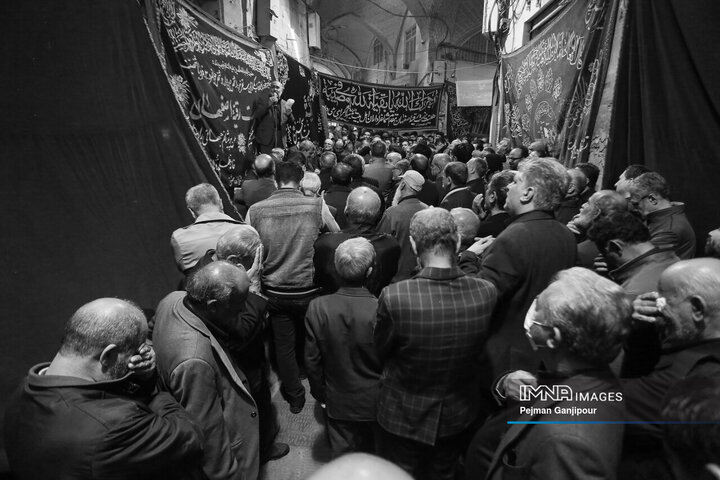
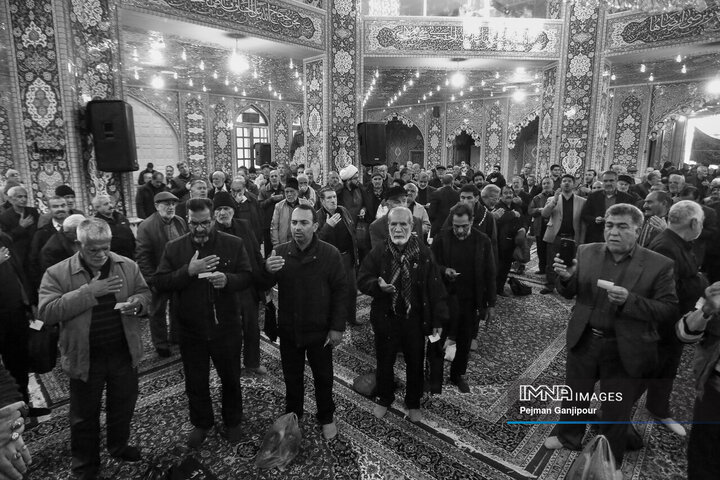
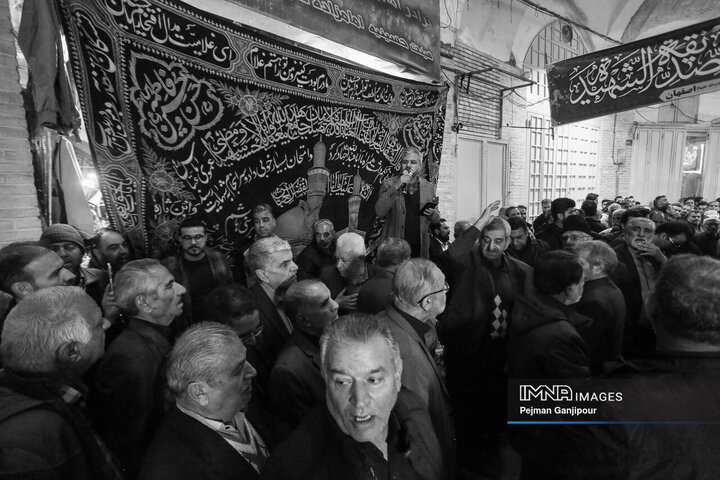
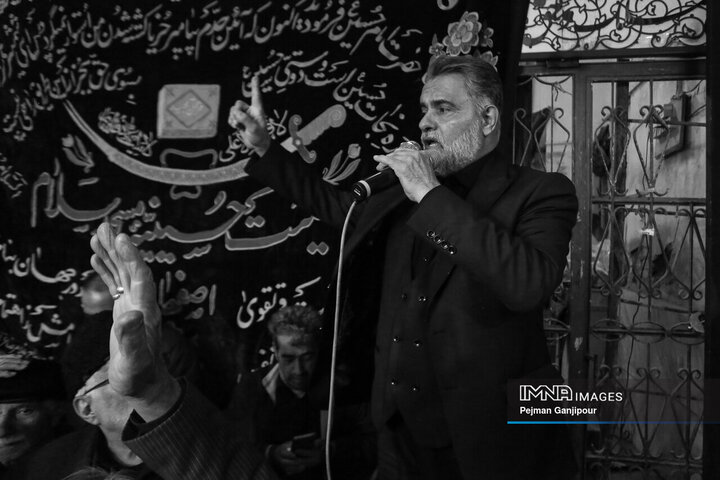

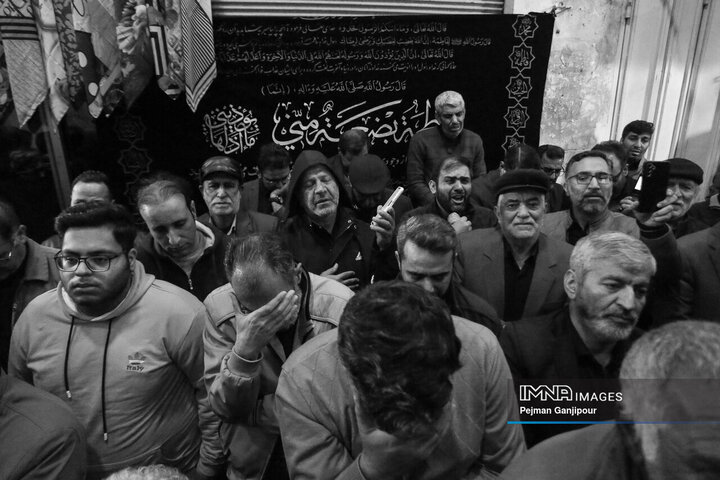
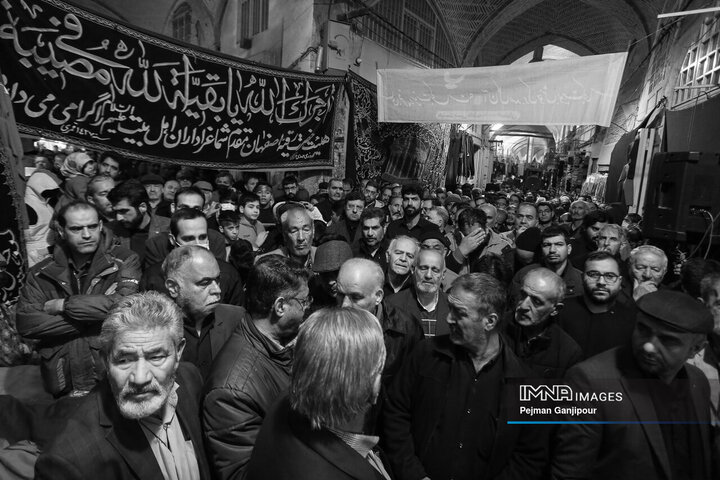
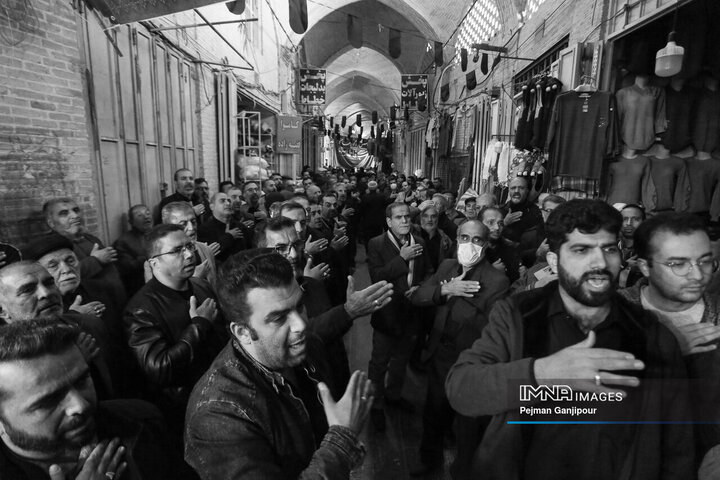


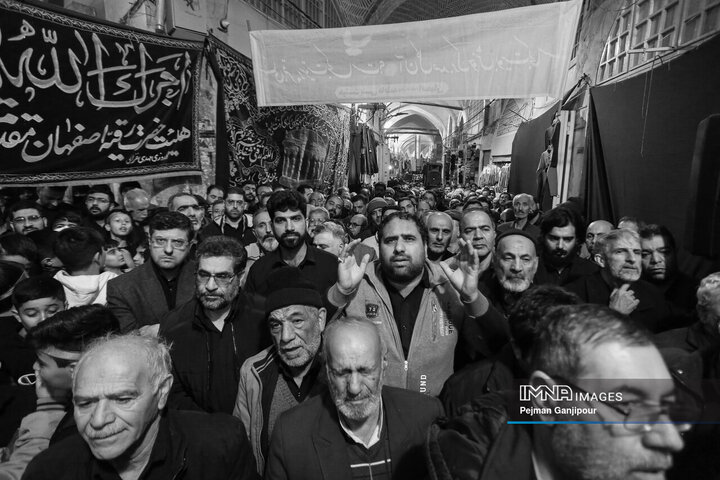
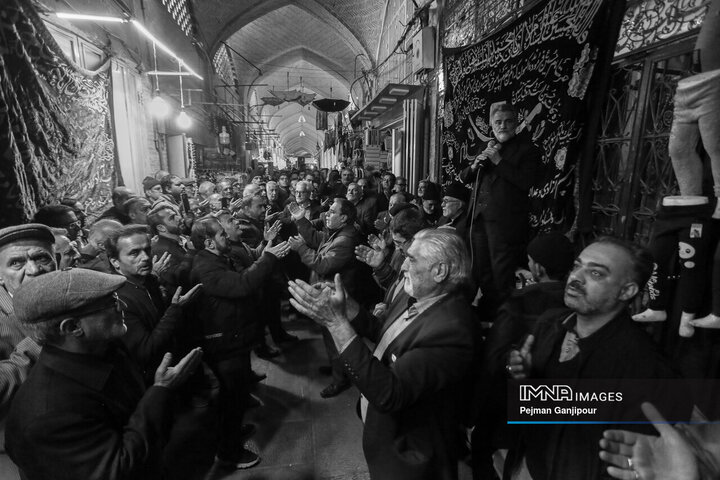
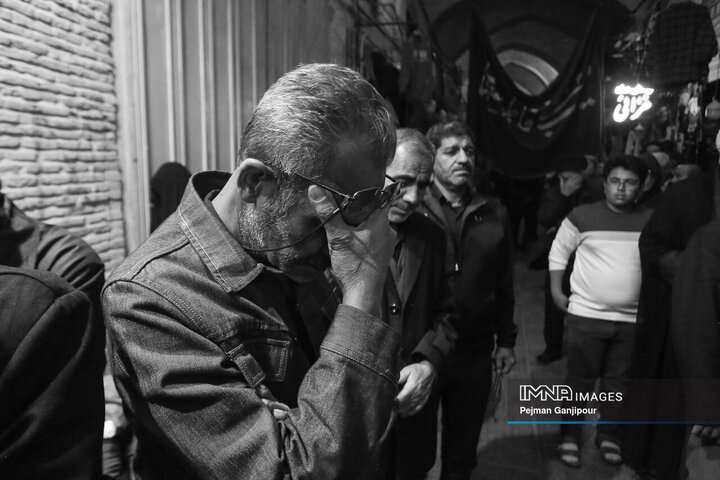
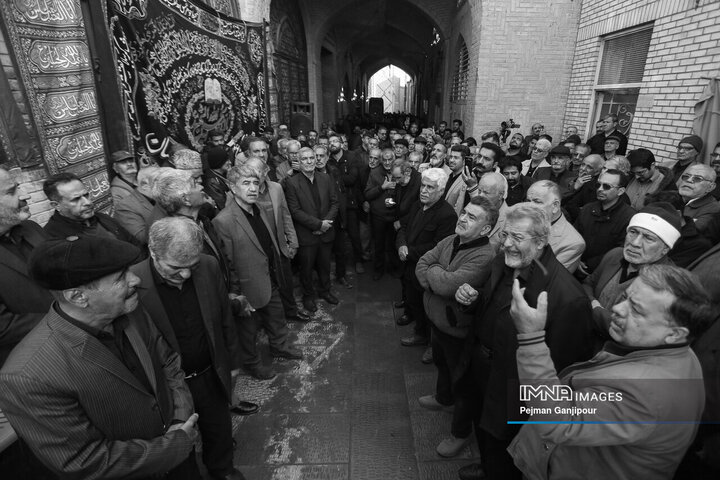

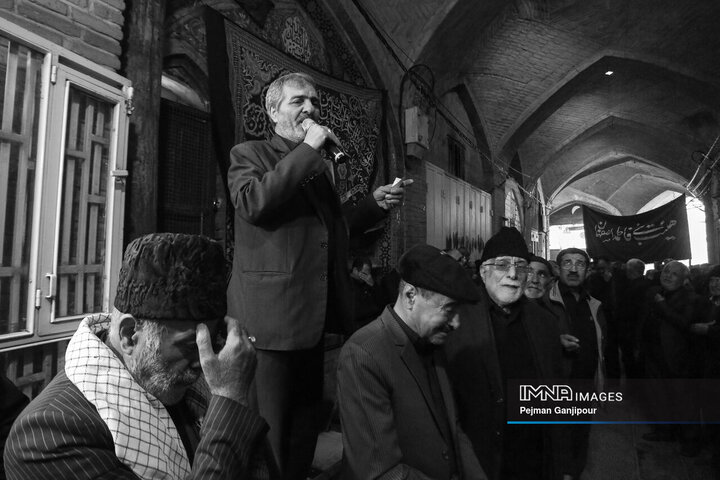
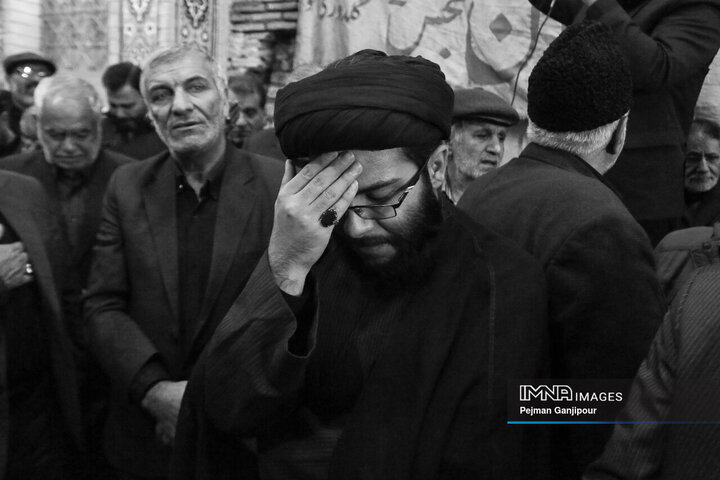

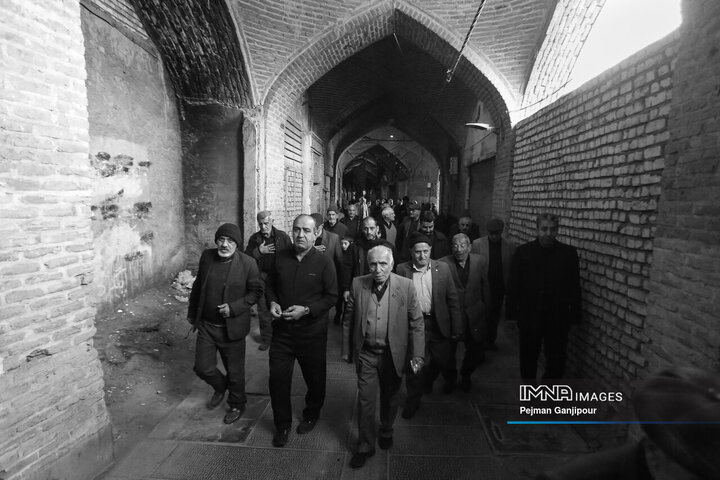
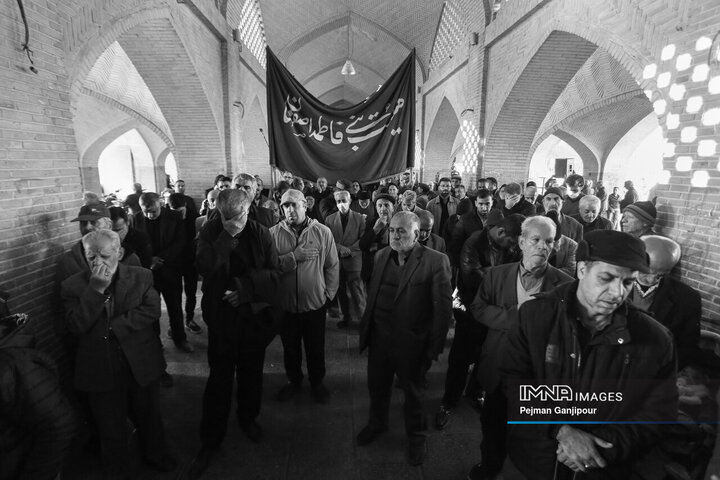
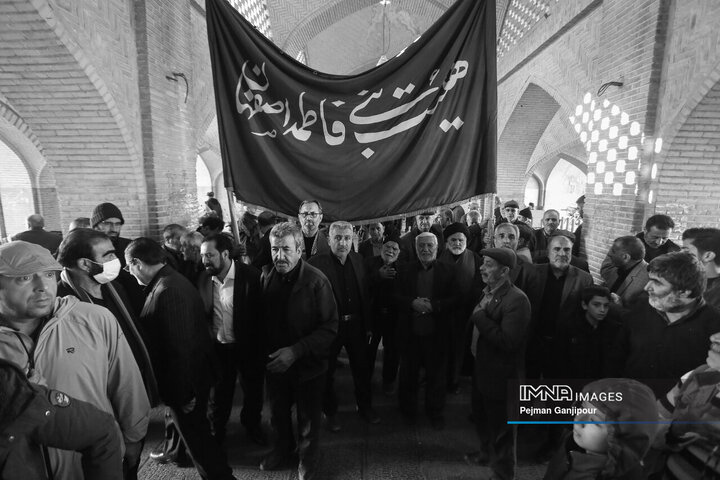

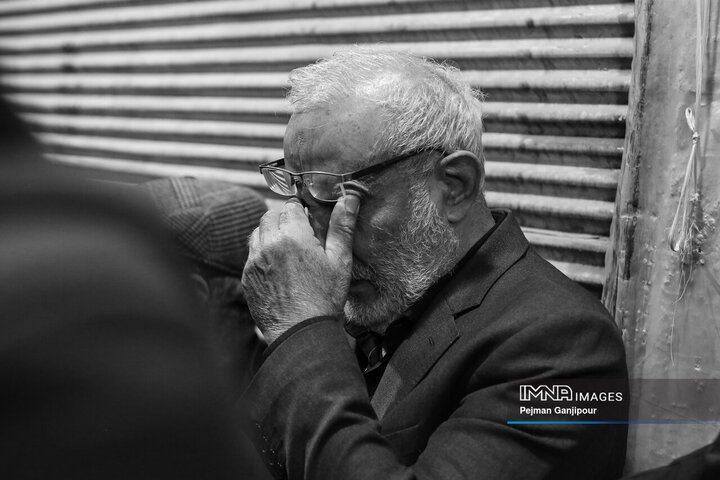
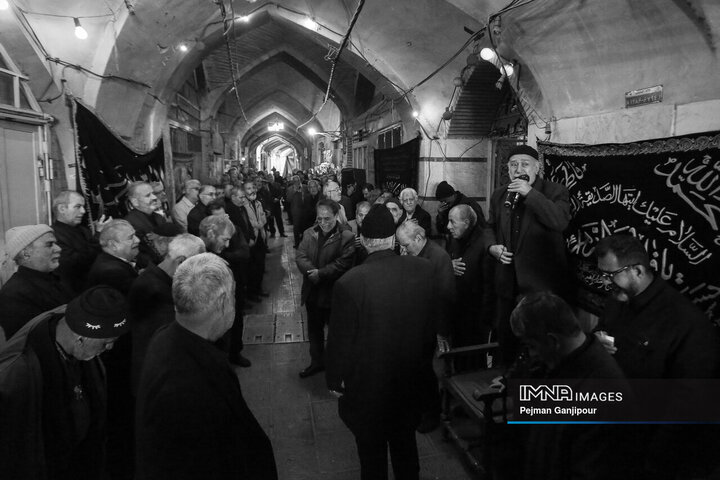
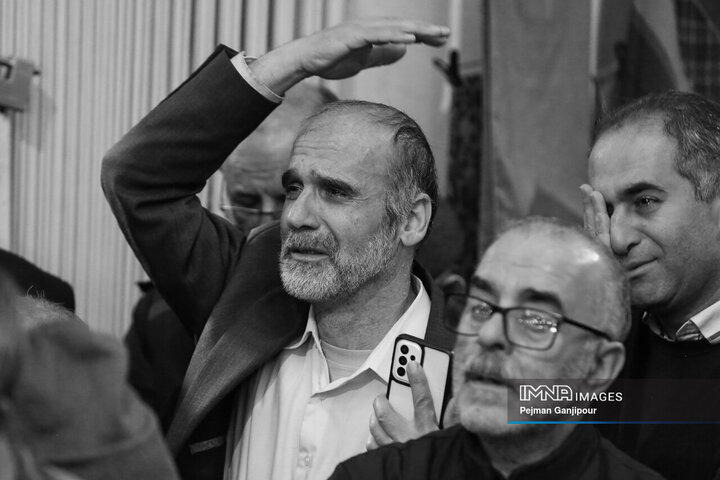

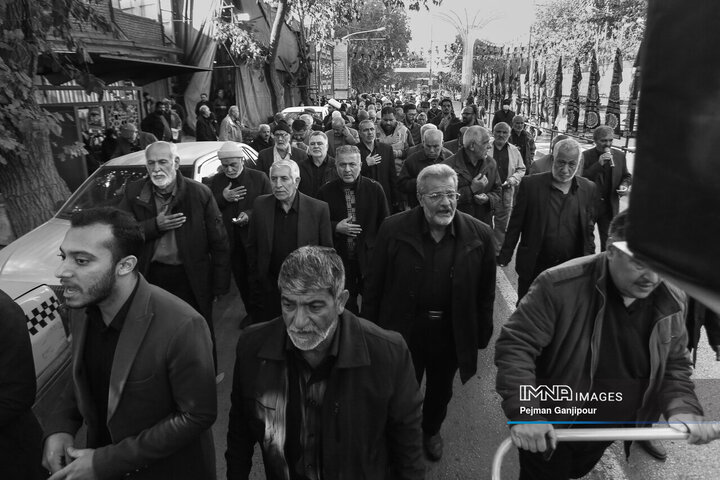
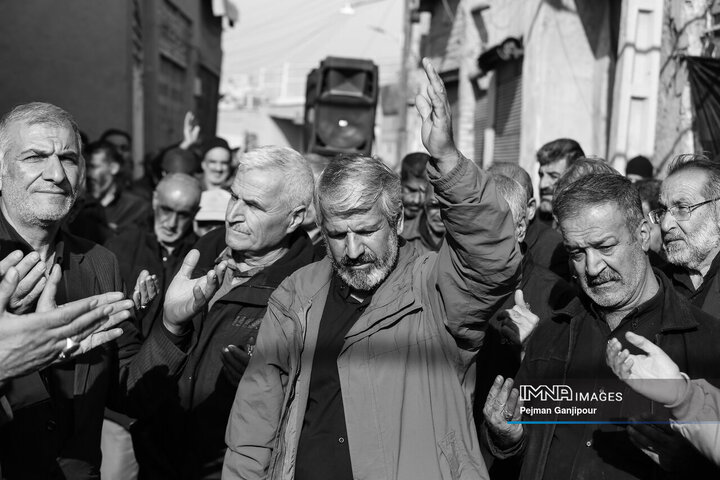
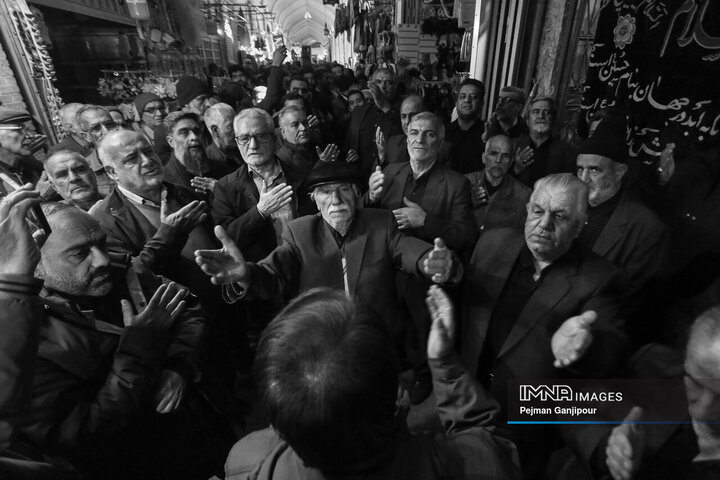
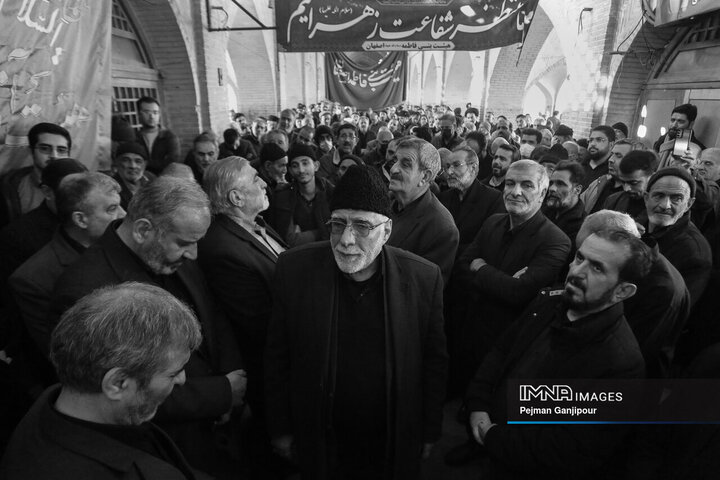
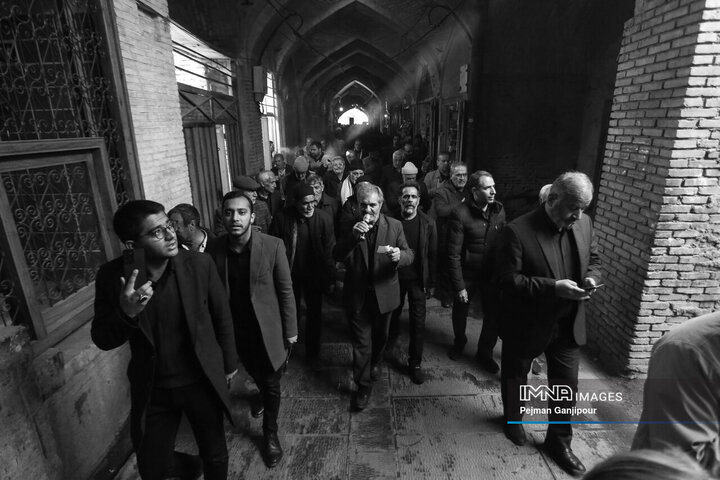
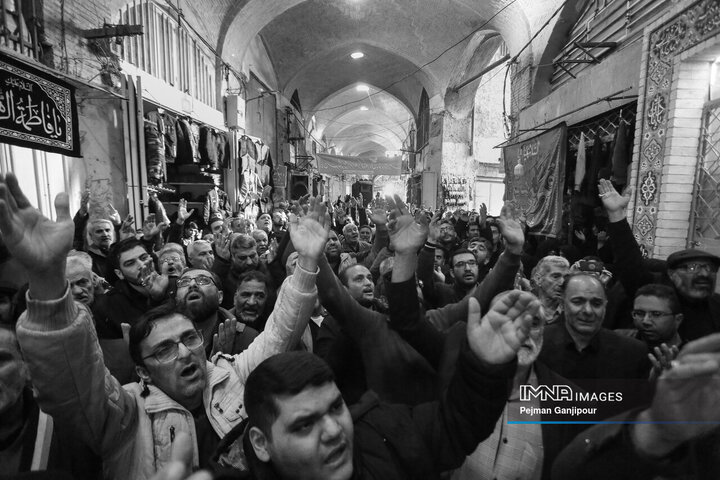
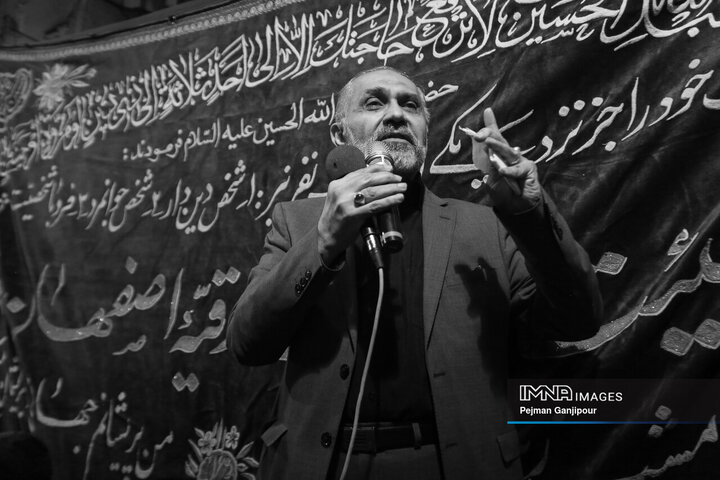


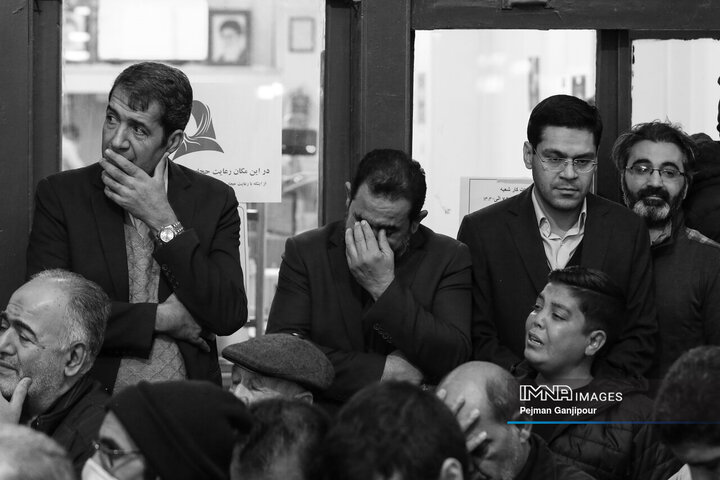

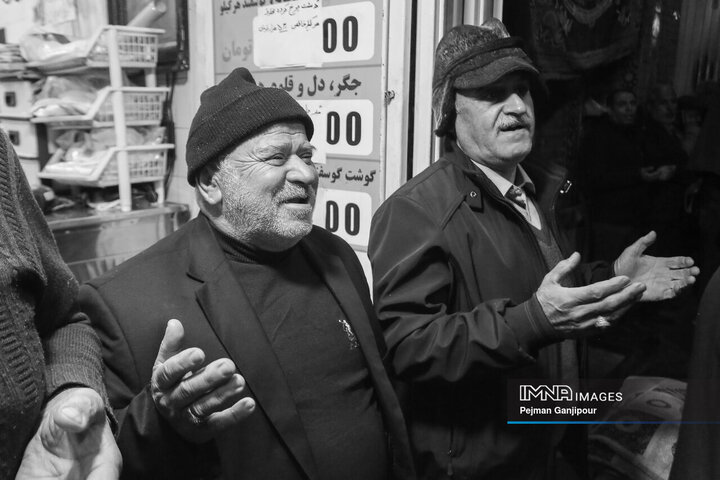
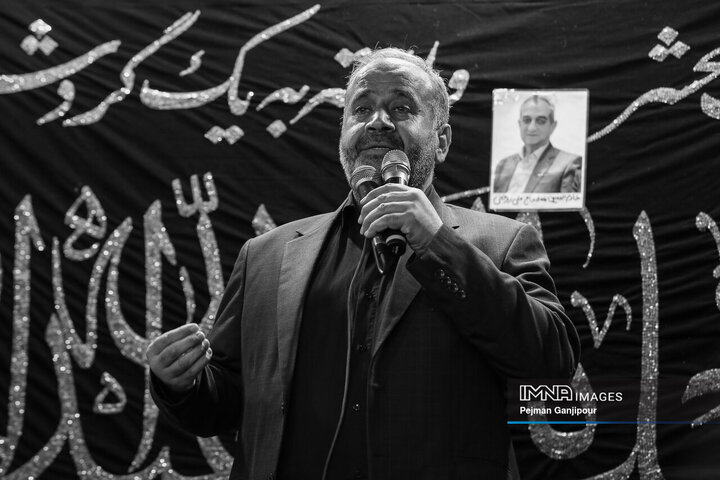
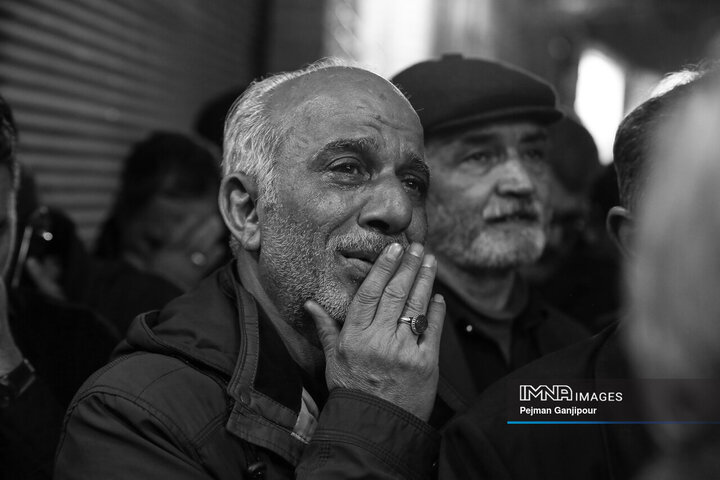

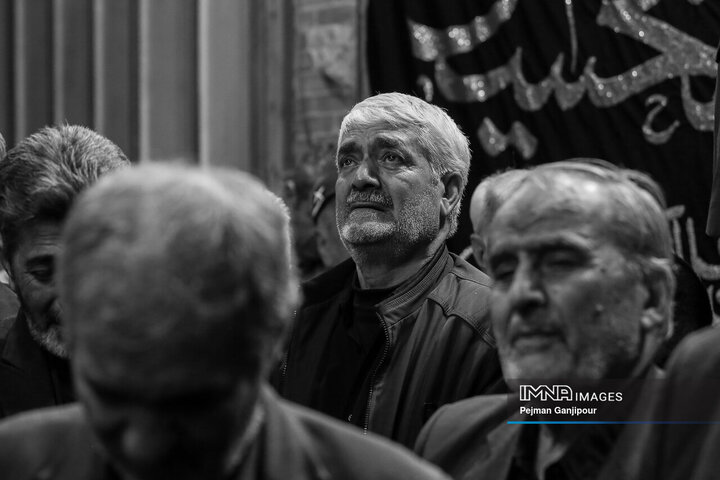
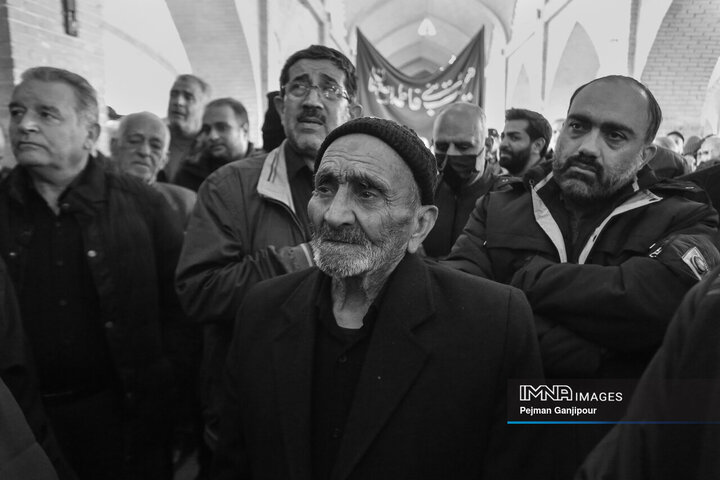

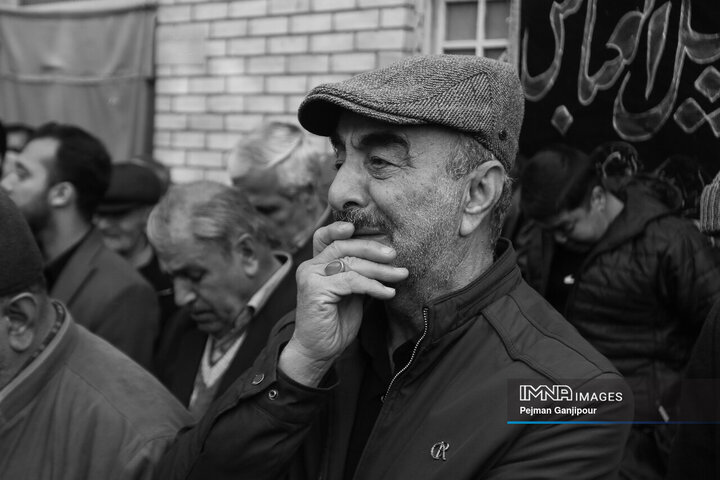
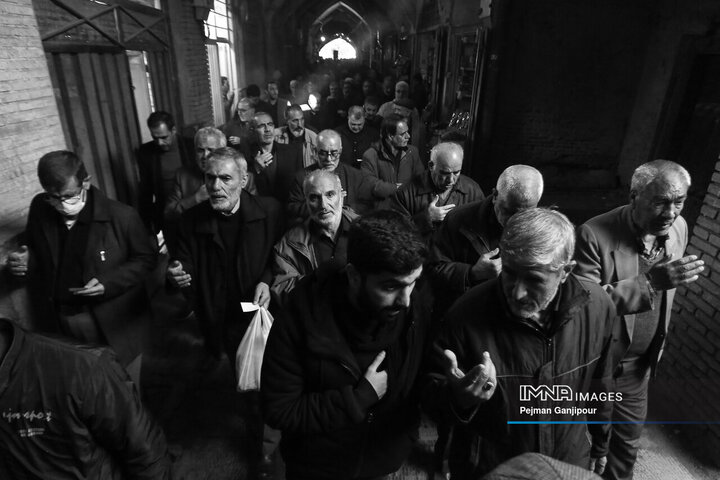

Your Comment